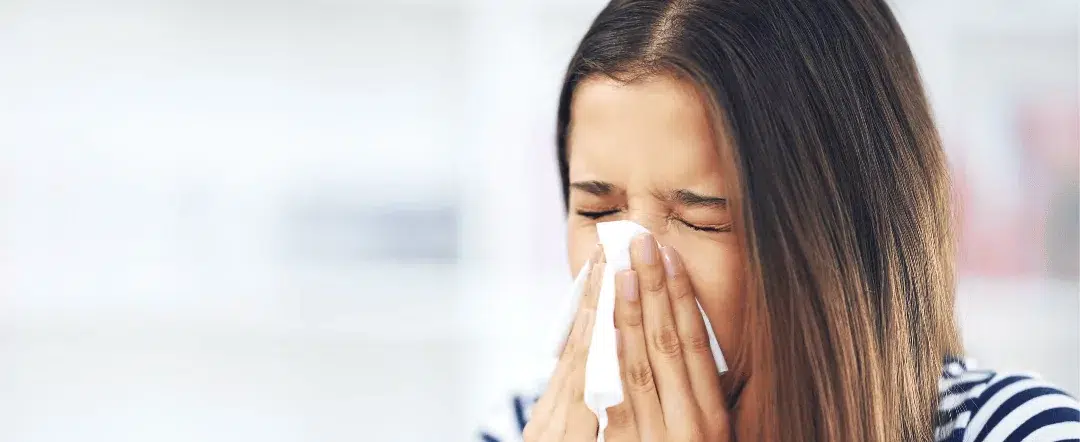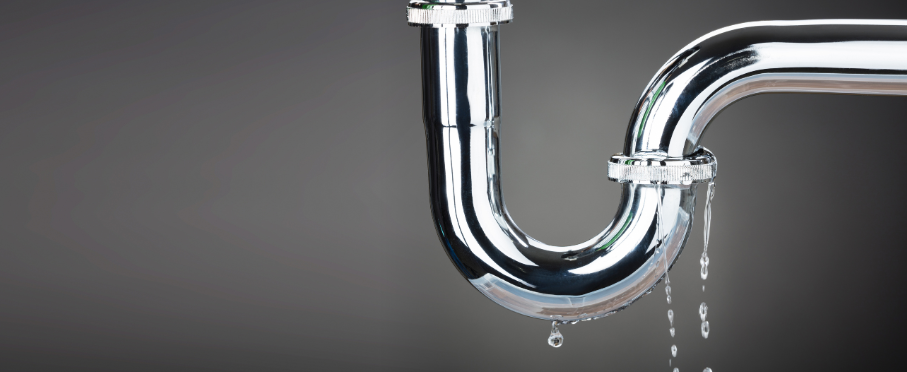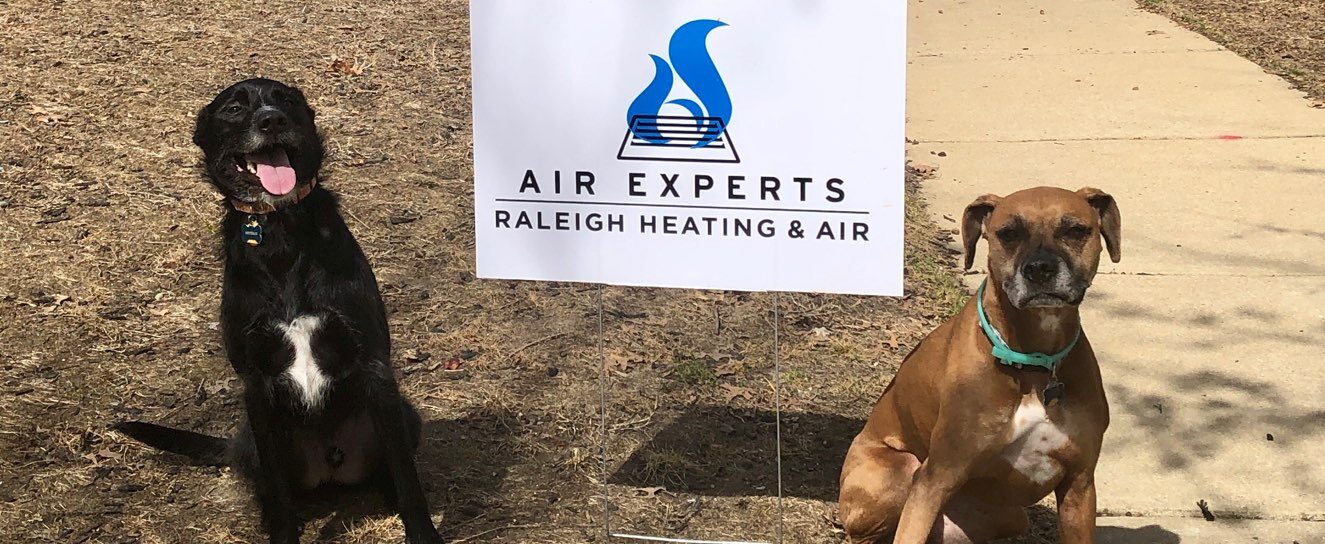The 4 Levels of Improving Indoor Air Quality

As the sun starts to set super early, and we grab our oversized sweaters and fuzzy blankets, we slowly move more and more indoors. So, it’s crucial to ensure the indoor air quality in your home is healthy and clean throughout the chilly months. Indoor air pollution is no laughing matter. According to the EPA, the concentrations of indoor air pollution can be up to two to five times higher than the concentrations of outside air pollution.
Poor Indoor Air Quality Signs
-
Irritation in the throat, nose, and eyes
-
Frequent Headaches
-
Dizziness
-
Lack of Energy
-
Exacerbated allergies and asthma
Since these symptoms could result from a passing cold, it is difficult to identify them as indoor pollution. However, continuously having these symptoms in a specific area may indicate poor indoor air quality.
The humidity levels of your home can also impact air quality. Dry eyes, dry skin, and creaky wood are all signs of low humidity. Additionally, low humidity can increase the prevalence of airborne illnesses.
Improving Indoor Air Quality
Air Experts provides a variety of IAQ packages you can choose from according to your household’s needs.
Level 1:
- Better filtration of particles and germs
- Lowers allergens to alleviate asthma and allergies.
Level 2:
- Better filtration of particles, germs, and growth
- Lowers allergens to relieve asthma and allergies.
Level 3:
- Enhanced filtration of particles, germs, and growth.
- Lowers allergens to alleviate asthma and allergies.
Level 4:
- Enhanced filtration of particles, germs, growth, and viruses
- Lowers allergens to alleviate severe allergies and asthma.
- Removes strong odors and gases, including ozone.
Ask one of our experts about humidity control options if you’re experiencing issues with humidity in your home.
Your household’s health and well-being depend on good indoor air quality. At Air Experts, we provide a range of IAQ packages. Discuss which package would work best for you and your family with your technician.
Additional IAQ Tips:
Plan Your HVAC Maintenance: Proper circulation is the first step towards healthy indoor air. The heating and cooling system should distribute conditioned air throughout the house. When it isn’t working correctly, the air in your home will become stagnant and could serve as a haven for germs and other infectious agents. Air Experts suggest scheduling maintenance twice a year to ensure that your system operates effectively and distributes a healthy amount of air throughout the house.
Change Air Filters: We suggest changing your return filters at least once a month during peak allergy season and every three months during the off-season. But every house is different. Figure out how long you can usually go before you can no longer see light through the filter when you pull it out. Say you own two husky pets and have carpet; your filter should last roughly three weeks.
Check Your CO Detector: Installing CO detectors in gas heating systems is now required, so make sure you have a carbon monoxide detector installed in or close to the bedrooms. Check your CO and smoke detectors frequently, especially at the start of the heating season.
To learn more, check out our Fall Checklist blog post!
If you found this post helpful, check out our other blog posts, subscribe to our YouTube channel, and follow us on social media for more HVAC and plumbing tips, information, and fun!
Air Experts is always here for your Heating, Cooling, Indoor Air Quality, Plumbing, and Water Treatment needs. Our award-winning customer service team is available 24/7, or you can easily book an appointment online.






